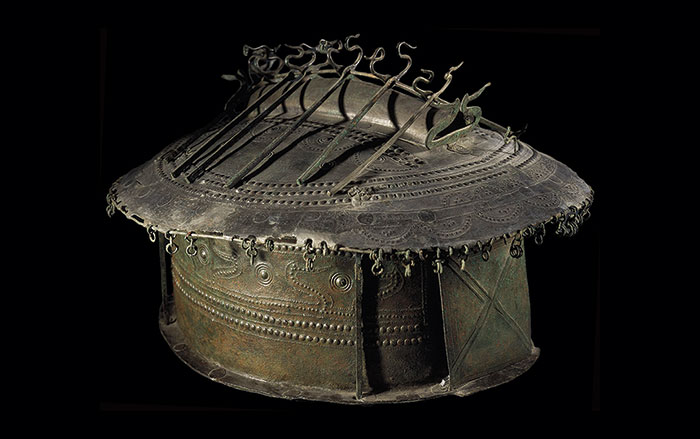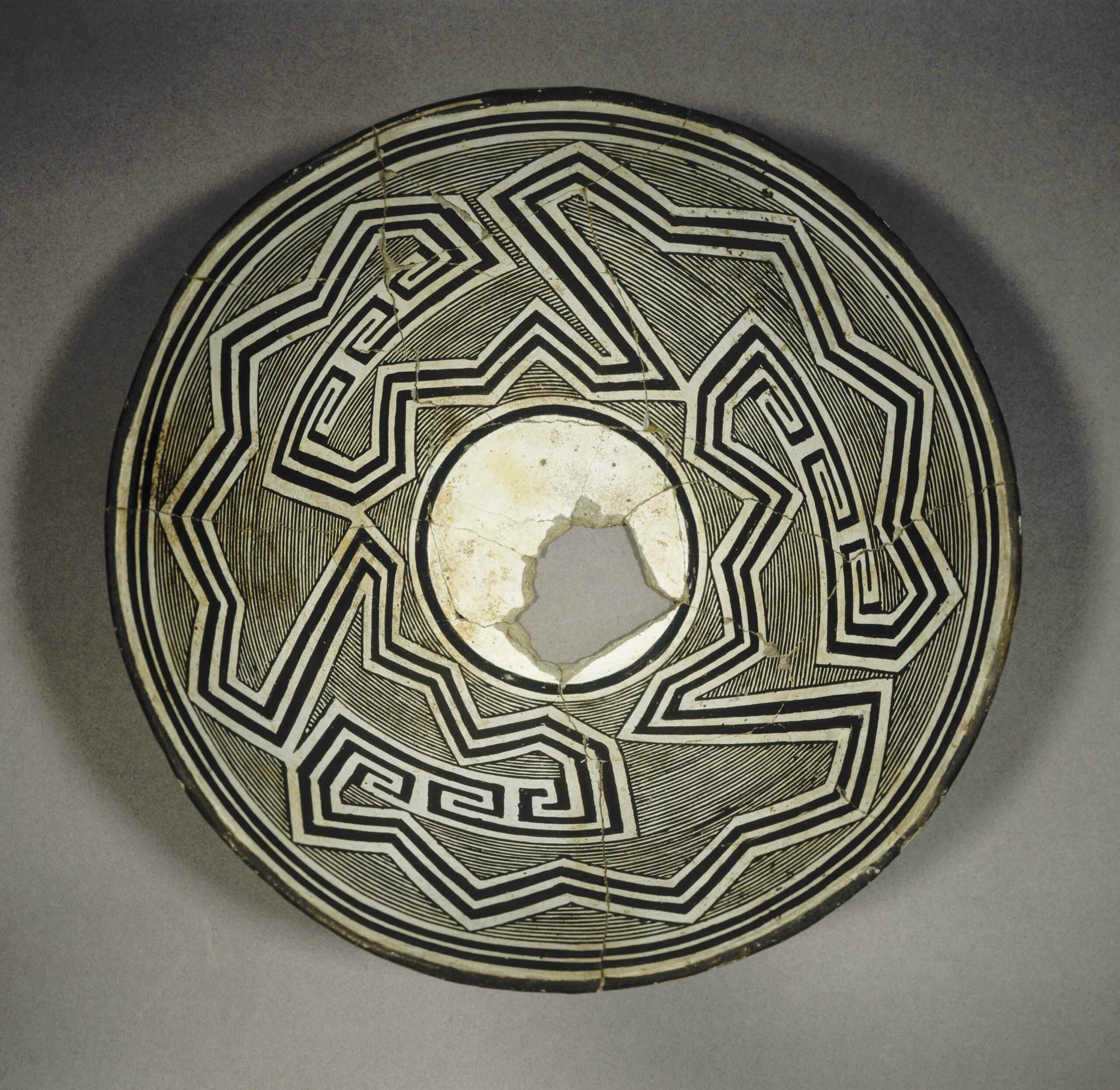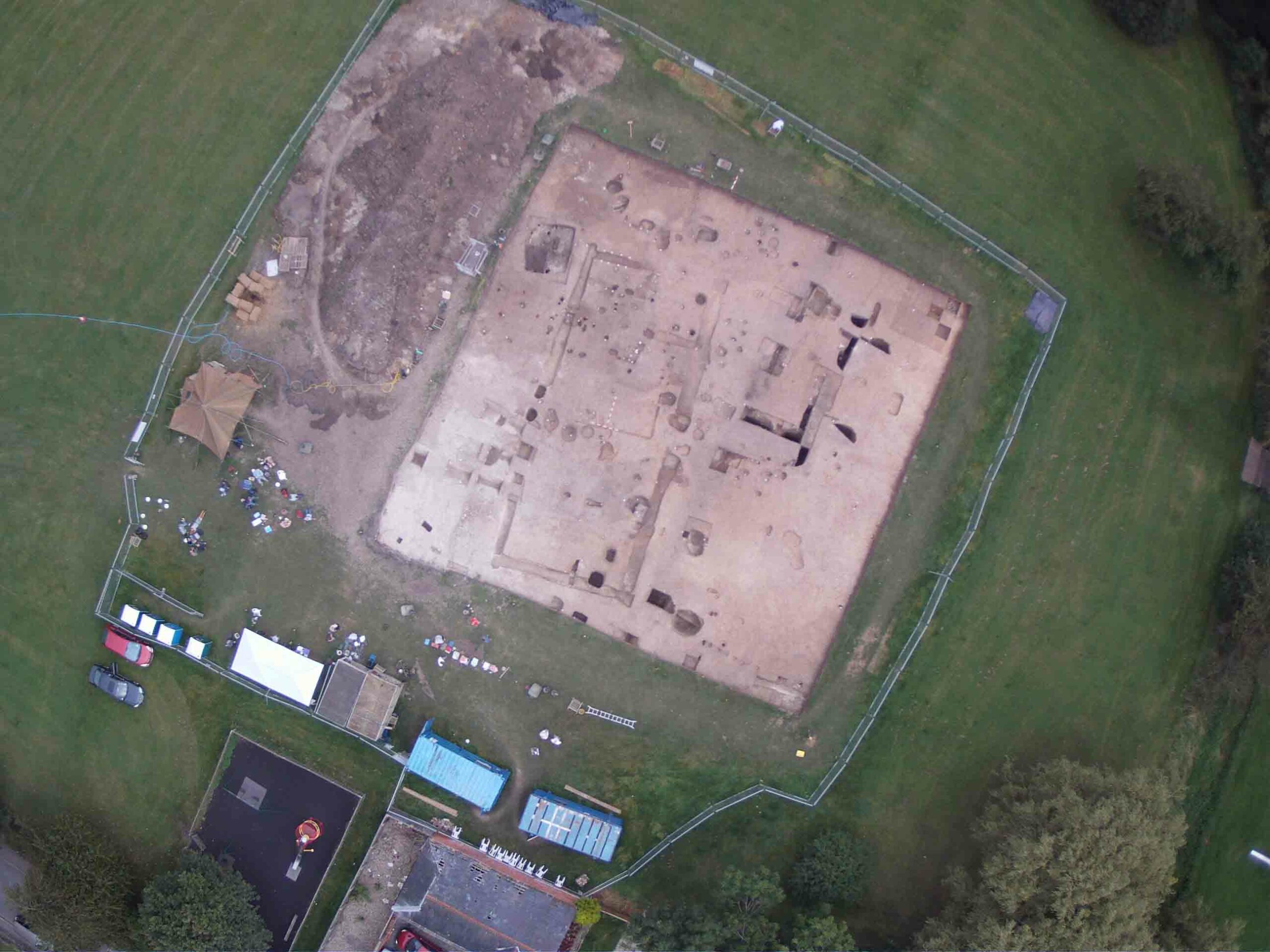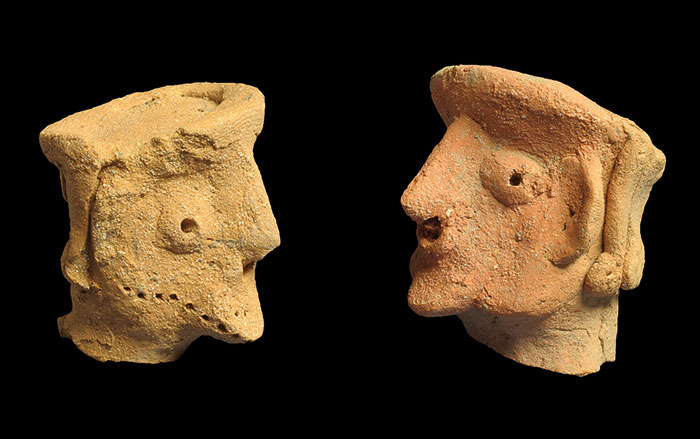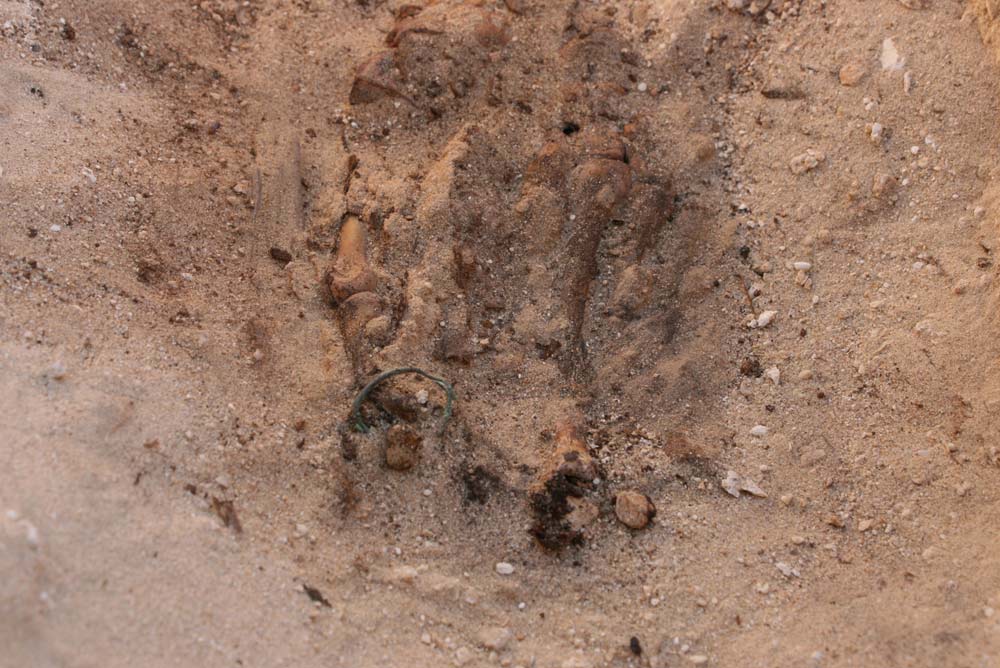
AMARNA, EGYPT—Two skeletons, each more than 3,300 years old, have been unearthed in a cemetery located to the south of the city of Akhetaten, which was abandoned after the death of its founder, the pharaoh Akhenaten. The city is now known as Amarna. Each of the individuals had been buried wearing a toe ring made of copper alloy. The skeleton of one man, who was wearing the ring on his right foot, had suffered fractures in his right foot and leg. “The fracture of the right femur healed at an angle and must have caused this individual considerable ongoing pain,” explained Anna Stevens of the Amarna Project. The metal ring may have been worn as a magical healing device, but the second individual found with a toe ring shows no obvious signs of physical injury. Bio-archaeologists have yet to study the second set of remains in depth, however. These rings could be the first of their kind to be found in Egypt.





